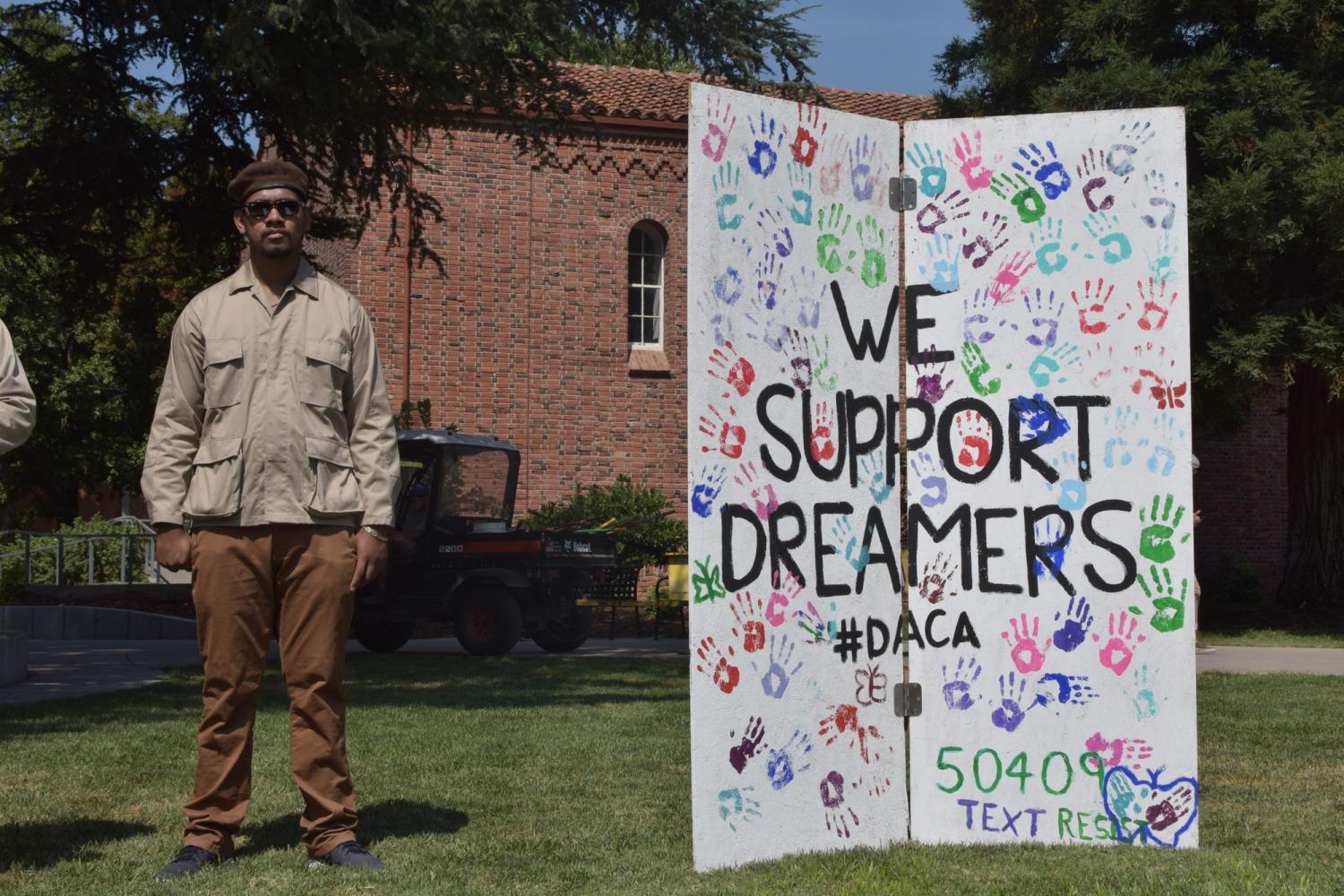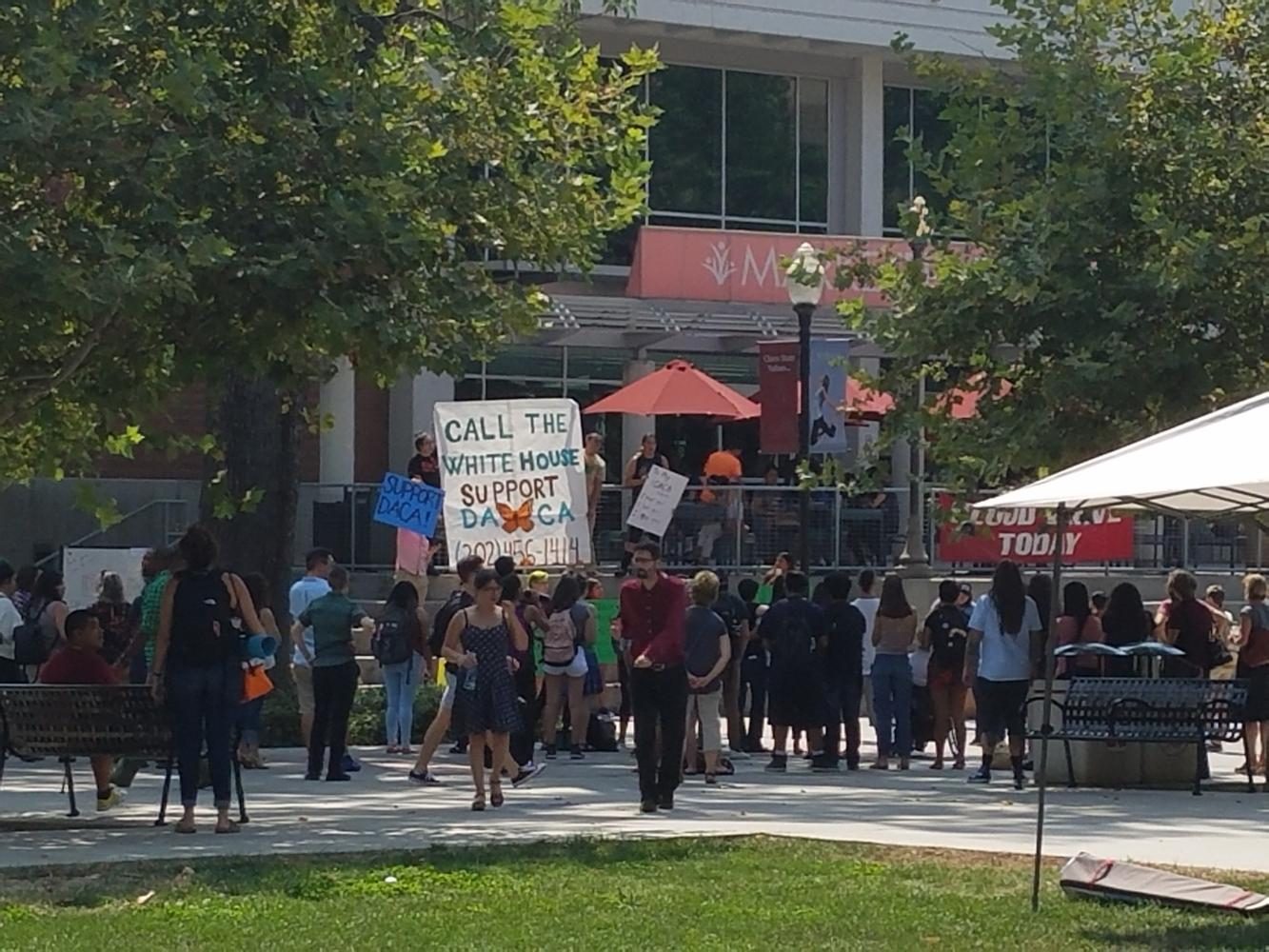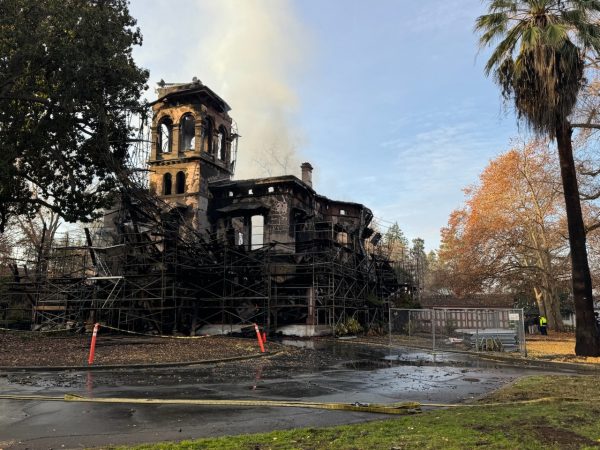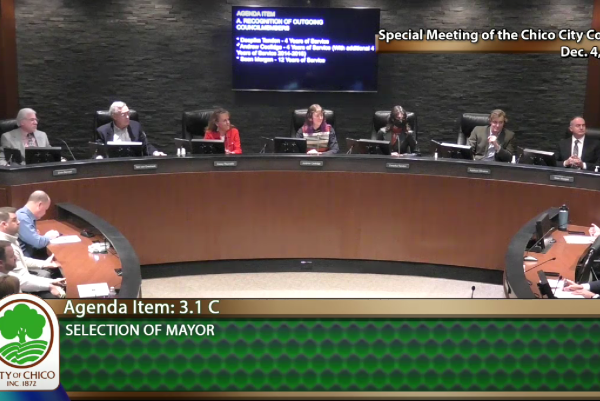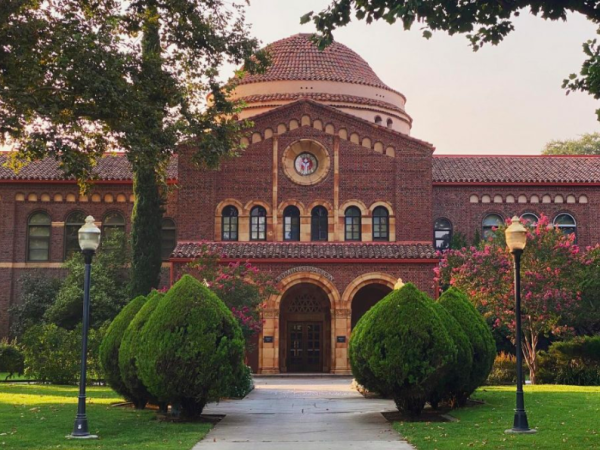Everything to know about DACA
Thousands of eligible undocumented citizens, also known as Dreamers, could be facing the danger of deportation after President Trump’s decision to rescind the Deferred Action on Childhood Arrivals Program (DACA.)
The act was an executive order made by the Obama Administration in June 2012. It allowed children who were brought to the United States undocumented to be protected from deportation and able to obtain a work permit if they met certain criteria which can be found on immigrationequality.org. The Dreamers are a highly organized group of people who were raised and educated in the U.S.
This was a temporary solution to help individuals who may have been in removal proceedings. The term ‘deferred action’ means that it is a limited benefit from the Department of Homeland Security, and can be revoked at any time.
On Sep. 5, President Trump decided that this form of executive action was unconstitutional and revoked the order, giving Congress until March 5 to come up with a legislative solution. As of now, new applications that were submitted after the date of Sep. 5 will not be considered for approval. If no alternative solution is found, then those who wish to have their DACA renewed for another two years must have their new application in by Oct. 5. Renewals will be considered on a case-by-case basis, and once renewed can not expire for another two years.
Chico State has been active as a campus in acknowledging and supporting its students who are protected under DACA. There have been campus protests and numerous emails expressing support and solace from President Gayle Hutchinson.
“I think situations like this really bring out how our campus can come together,” says Dr. Hutchinson. “I am really proud of our students for understanding the severity of the issue and supporting one another. That’s a great thing about a University, we do find a way to learn and we do find a way to get through disappointment.”
Hutchinson went on to explain that campus rallies have always been apart of American democracy, although as president she will not organize one herself, it is great to see students out there supporting one another.
“We purposefully don’t keep track of how many students at Chico State are under DACA, but I would say we have several hundred or so,” she says. “Like I have stated in my emails, the university’s enrollment and tuition policies are not based on DACA status. So enrollment, tuition and financial aid for students are not impacted by the ending of the program.”
When asked about what students who are not familiar with the program can do to help, Hutchinson had a few solutions.
“Well, we have six months. The first step is to get educated on the topic, form an opinion and then start reaching out to Congress since it is now in their hands,” she says.” The best thing to do would [be to] call your congressman or even email. They are there for us. This is a topic that has transcended presidential appointments and it really speaks to presidents trying to think about this as legislation or immigration reform.”
“After researching students can check in with faculty, the cross-cultural center or the Associated students center and then get behind a campaign that will get legislatures to take this more seriously,” she encourages.
When asked what the University plans to do if Congress does not find an alternative solution by March, Hutchinson says that those meetings have only just begun, but that she has high hopes it will not come down to that.
The Dream Center is an organization on campus that provides support and assistance to those who are under DACA or simply would like to be more informed on the topic. The center is located in Siskiyou 115 and there is a group of trained individuals who can help with any questions regarding renewal of DACA before the deadline of October 5, as well as provide emotional support for students affected by the revocation of this program.
Nicole Henson can be reached at [email protected] or @theorion_news on Twitter.



